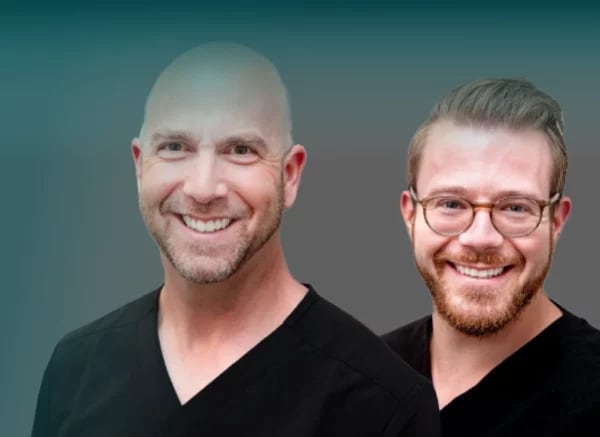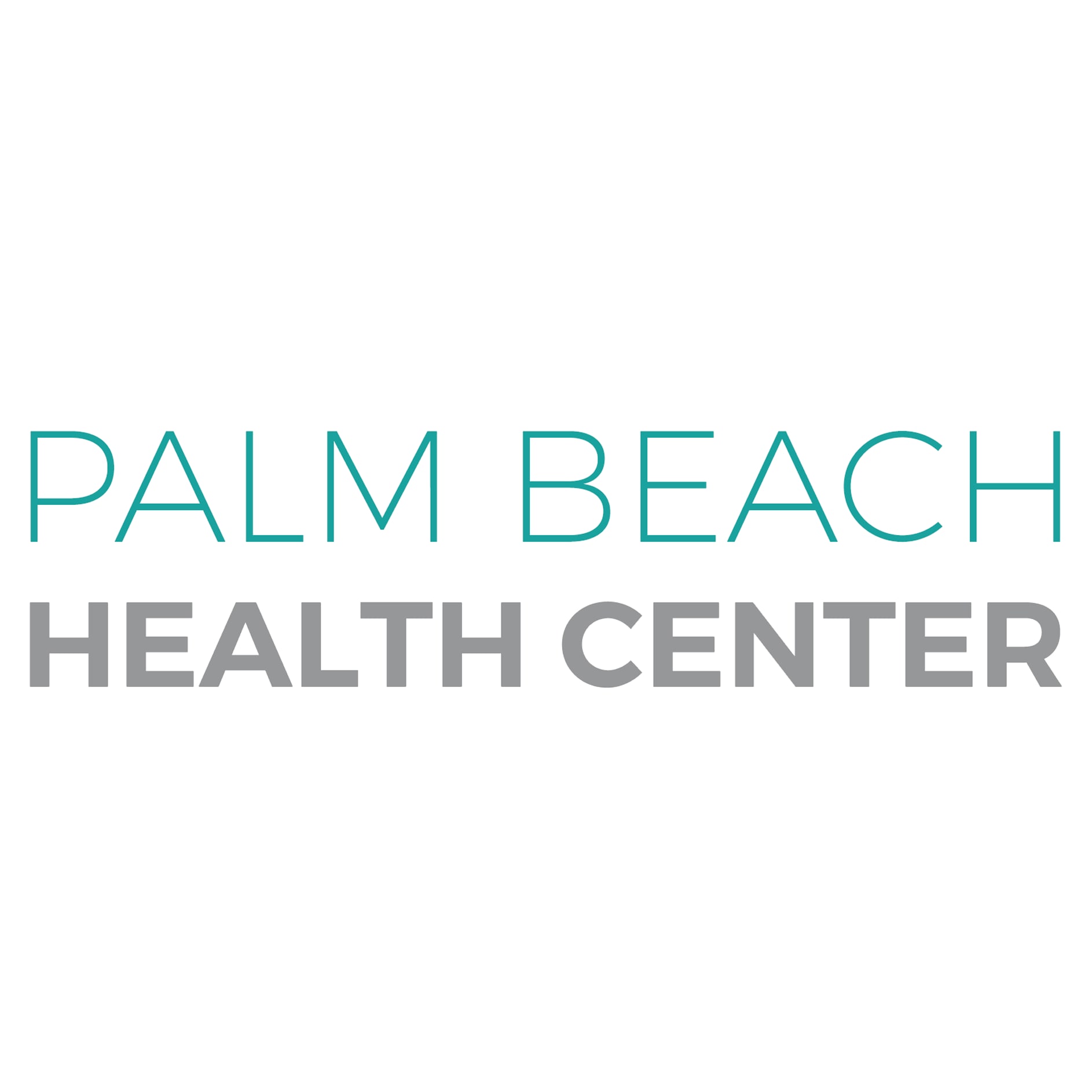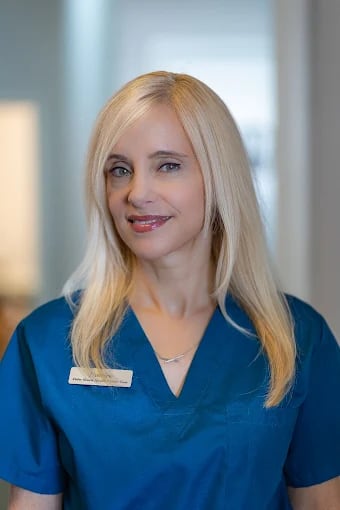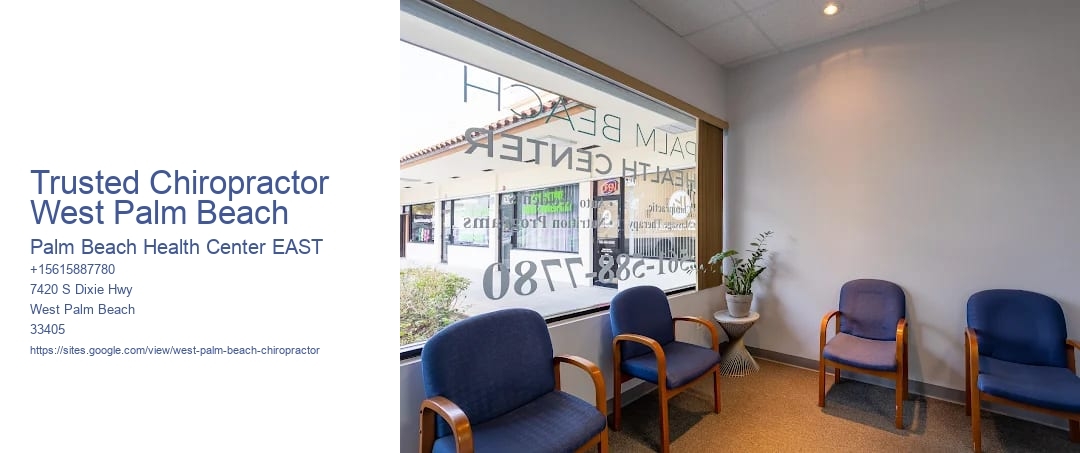Alternative medicine refers to practices that intend to accomplish the healing results of traditional medication, yet that commonly do not have biological plausibility, testability, repeatability, or sustaining evidence of performance. Such techniques are typically not component of evidence-based medication. Unlike contemporary medication, which uses the scientific approach to evaluate probable therapies using liable and moral medical tests, creating repeatable proof of either impact or of no impact, different treatments stay beyond mainstream medicine and do not originate from making use of the clinical method, but instead depend on reviews, stories, religious beliefs, custom, superstition, belief in mythological "energies", pseudoscience, errors in thinking, publicity, scams, or other unscientific resources. Often utilized terms for pertinent techniques are New Age medicine, pseudo-medicine, unconventional medicine, holistic medicine, fringe medication, and unique medication, with little difference from quackery. Some alternative techniques are based on concepts that oppose the recognized scientific research of how the body works; others attract the supernatural or superstitious notions to clarify their effect or lack thereof. In others, the practice has plausibility yet lacks a positive risk–-- advantage end result possibility. Study right into different treatments typically stops working to comply with proper research study procedures (such as placebo-controlled tests, blind experiments and computation of previous likelihood), supplying void results. History has revealed that if an approach is shown to work, it ultimately stops to be different and ends up being mainstream medication. Much of the regarded impact of a different technique develops from an idea that it will certainly be effective, the placebo result, or from the treated condition resolving on its own (the natural training course of disease). This is further worsened by the propensity to transform to different treatments upon the failure of medication, whereupon the condition will certainly go to its worst and more than likely to automatically enhance. In the absence of this predisposition, particularly for conditions that are not anticipated to improve on their own such as cancer or HIV infection, numerous research studies have revealed substantially worse results if individuals turn to alternative therapies. While this might be because these people avoid efficient treatment, some alternative therapies are proactively dangerous (e. g. cyanide poisoning from amygdalin, or the willful consumption of hydrogen peroxide) or actively interfere with reliable therapies. The natural medicine sector is a very lucrative industry with a solid entrance hall, and deals with much much less policy over the use and advertising and marketing of unverified therapies. Complementary medication (CENTIMETERS), corresponding and alternative medicine (CAMERA), integrated medication or integrative medication (IM), and all natural medicine effort to incorporate different practices with those of mainstream medicine. Standard medicine techniques become "alternative" when utilized outside their original settings and without proper scientific description and proof. Alternate methods are usually marketed as more "natural" or "all natural" than approaches supplied by clinical science, that is sometimes derogatorily called "Large Pharma" by supporters of natural medicine. Billions of dollars have actually been invested examining alternative medicine, with couple of or no positive results and many approaches thoroughly disproven.
.



